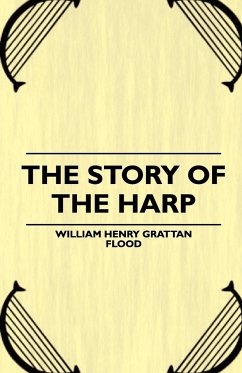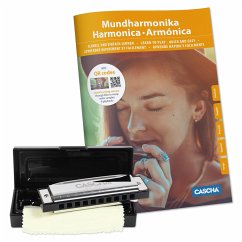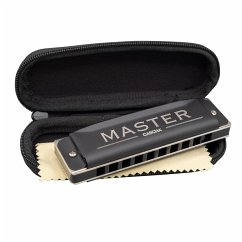
ESSAYS ON THE HISTORY OF THE HARP
The harp in the High Renaissance and Baroque periods.R.N.S. Box tour in Russia
Versandkostenfrei!
Versandfertig in 1-2 Wochen
24,99 €
inkl. MwSt.

PAYBACK Punkte
12 °P sammeln!
There is no consensus among instrumentalists on the origin of the modern harp. Some believe it originated in the Mediterranean. Others believe the harp came from the northern Urals through the Baltics, Scandinavia and Celtic countries to central and southern Europe. More questions arise about the origin of the harp's name. In the article the author attempts to explain how its name arose among various European nations from a description of the manner in which the instrument is played. The musical history of Russia is rich in facts, which until now have remained little known even to specialists....
There is no consensus among instrumentalists on the origin of the modern harp. Some believe it originated in the Mediterranean. Others believe the harp came from the northern Urals through the Baltics, Scandinavia and Celtic countries to central and southern Europe. More questions arise about the origin of the harp's name. In the article the author attempts to explain how its name arose among various European nations from a description of the manner in which the instrument is played. The musical history of Russia is rich in facts, which until now have remained little known even to specialists. Information from archival sources about constant contacts between the best musicians in Europe and wide circles of Russian music lovers can change an idea of the level of general and musical culture in the country, even in such a narrow field as that of harpists touring.














